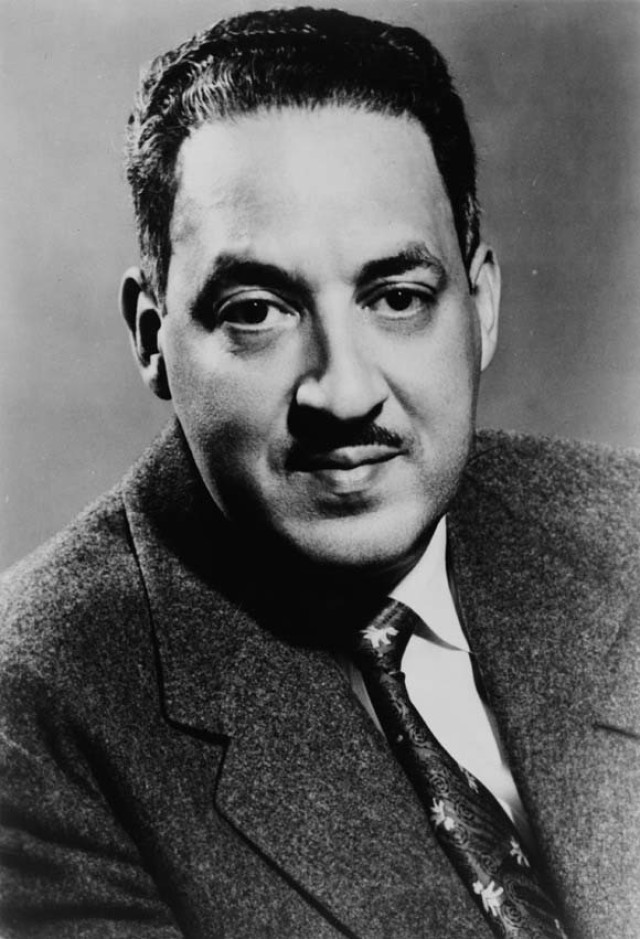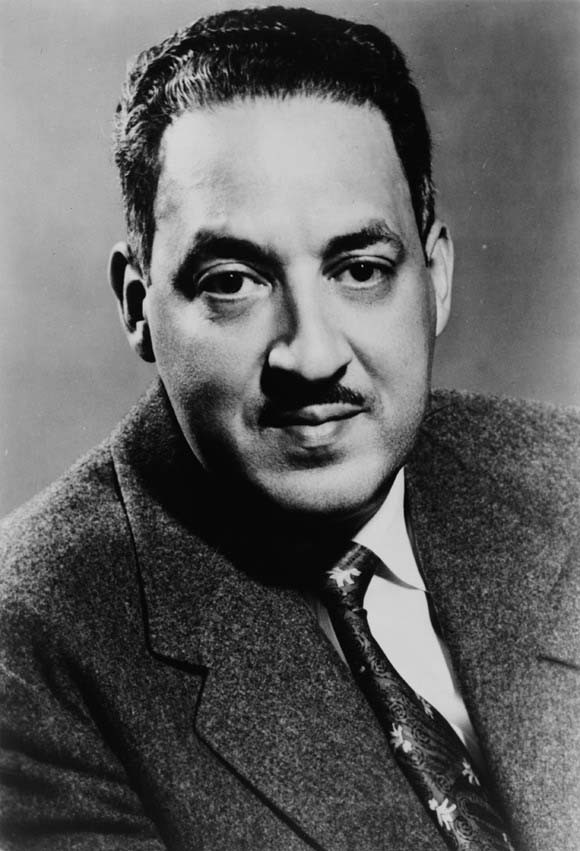
Throughout the United States, Americans have celebrated February as Black History Month, a time to recognize the contributions of blacks to our civic and cultural lives.
It is a time to also recognize that the experience of blacks is an integral part of the American experience.
The civil rights movement in the United States was ignited July 26, 1948, when President Harry S. Truman issued an executive order for "equality of treatment for all persons in the armed services, without regard to race, color, religion or national origin."
Our armed forces immediately moved to fully integrate, and through the efforts of American servicemembers and Civilian employees of all colors, the end of racial segregation in the military served as the springboard for what became the civil rights movement.
Few events showcase the close connection between the history of blacks and the history of America more than the Supreme Court's 1954 landmark decision eight years later in the case of Brown v. Topeka Kansas Board of Education.
Prior to this case, the law permitted treatment of black Americans as second-class citizens; the "separate but equal" doctrine prohibited black Americans from using "white-only" facilities and schools.
Persuaded by the arguments of noted black attorney Thurgood Marshall, the United States Supreme Court unanimously ruled that segregation violated the Constitution and the Bill of Rights.
The Supreme Court applied the U.S. Constitution and the American ideals of liberty, justice and equality to finally recognize the unlawfulness of segregation in public schools. Despite the victory in court, the true end of institutional discrimination was not yet at hand.
The Fort McPherson community recently recognized the incomparable contributions of the late Dr. Martin Luther King Jr., a native of Atlanta, by hosting a special luncheon. The luncheon's guest speaker was Xernona Clayton, founder, president and CEO of the Trumpet Awards Foundation.
In addition, we celebrated Black History Month with a luncheon and guest lecture by Dr. Gregory N. Price, chairman of the Economics department at Morehouse College. Participation in these events reflected the diversity of our nation and the importance of Black History Month for all Americans.
It also demonstrated the continuing efforts being made within the United States to fully implement the Constitution's guarantee of equality for all.
As Black History Month comes to an end and we move into March, please remember that in many ways, when we celebrate black history, we are celebrating American history.
All Americans, of every color and background, have contributed to our nation's proud history. Our military community stands at the forefront as it carries on the tradition of defending justice and equality, both at home and abroad, as it has proudly done throughout American history.

Social Sharing